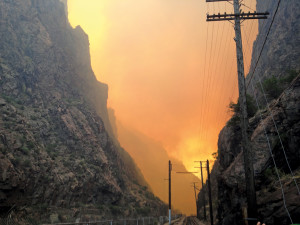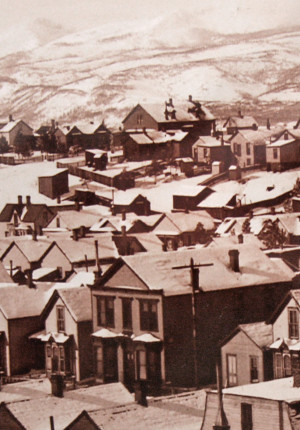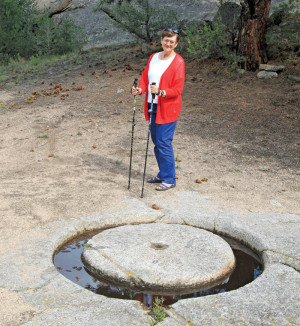By Jennifer Welch
There is a certain amount of romance associated with farming; I can’t deny that this is true. Maybe it’s the idea of marrying a piece of land with a herd of livestock, or consummating that marriage with the careful placement of a seed deep inside a fold of the earth. There has to be some grand idea that makes the long hours and countless sacrifices mean something. The money makes you want to cry. The hours, and the losses, and the desolation make you want to cry. So why do farmers do it? No matter how certain farmers sound when they tell you the answer to this question, I can guarantee that they ask themselves the exact same thing every day: Why do I do this? For me, the answer is simple: it is love.
When I first picked up Fiona from the farm, I knew that this heifer would be my biggest struggle come calving season. She was small but not too small. And as my first heifer, I felt genuine concern for bringing her and her first calf through the season. I noticed signs in her when calving season approached, and I felt relieved that she was coming along in good time. When both of my older cows had dropped their calves, I felt that Fiona wouldn’t be far behind. And so I waited.
There have been a fair amount of small, local farms walking away from the business side of farming. In the past year, we have watched several farms crumble within the state lines of Colorado. It has been both heartbreaking and understandable for me. I have always struggled with the idea of providing products from the farm, whereas I have never struggled with the idea of farming. I believe that if people want good food produced with sustainable practices, they should step away from the confines of consumerism and start the process in their own back yards. Without going into political beliefs, I will say that I think the system is rigged. I will also say that I believe that consumer demand is part of the problem and that one of the few solutions I believe is actually viable is more local production, starting with the consumers.
Three weeks after my older girls had calved, I was starting to develop some concern for Fiona and her calf. Typically, if a cow is eating and standing, then you have to assume that all is well. In this particular case, though, I was starting to get a bad feeling. It all culminated one early morning when I walked into the paddock to find Fiona standing, then laying, then standing, then laying again. Within minutes, the calf was out. First I saw his front hooves, then his nose, head and body. I knew when I saw his tongue hanging from his mouth that it wasn’t going to be good. As I stepped closer to the new mother, I could see that his tongue and his eyes were the same cloudy blue that you find in something that has been deceased for a while. Whether he spent too much time in her womb or his umbilical cord was cut off by his overripe size, it was apparent he had passed long before his birth. It was devastating and heartbreaking. It was, to me, a great reason to quit altogether.
I spent the rest of my day considering my options: quit or stay the course. I weighed my options. I considered my reasons. Then I considered my animals’ options … of which there are few. If I walk away from small-time, local production, more people will buy from the large chain supermarkets. The animals that provide the meat on the shelves of those supermarkets are mistreated at best. The low-down, dirty truth is that those animals are flat-out abused. And once their meat is harvested, it is also abused with processes and chemicals. So when I asked myself, on that particular day, Why do I continue to do this?, I had only one answer: it is love … for the animals. So maybe the reason we stay in business for now is because we don’t consider our purpose to be a bottom line or profit margin. Maybe we stay in it for the animals; they are our true clients. You and I are mere beneficiaries of this process. Will we make money? Probably not. But really, who cares? It’s the romance of the thing that keeps us going.
Jen Welch lives and writes in the Upper Arkansas River Valley. Most days she can be found gossiping in the henhouse or washing eggs to the tunes of Leonard Cohen.


